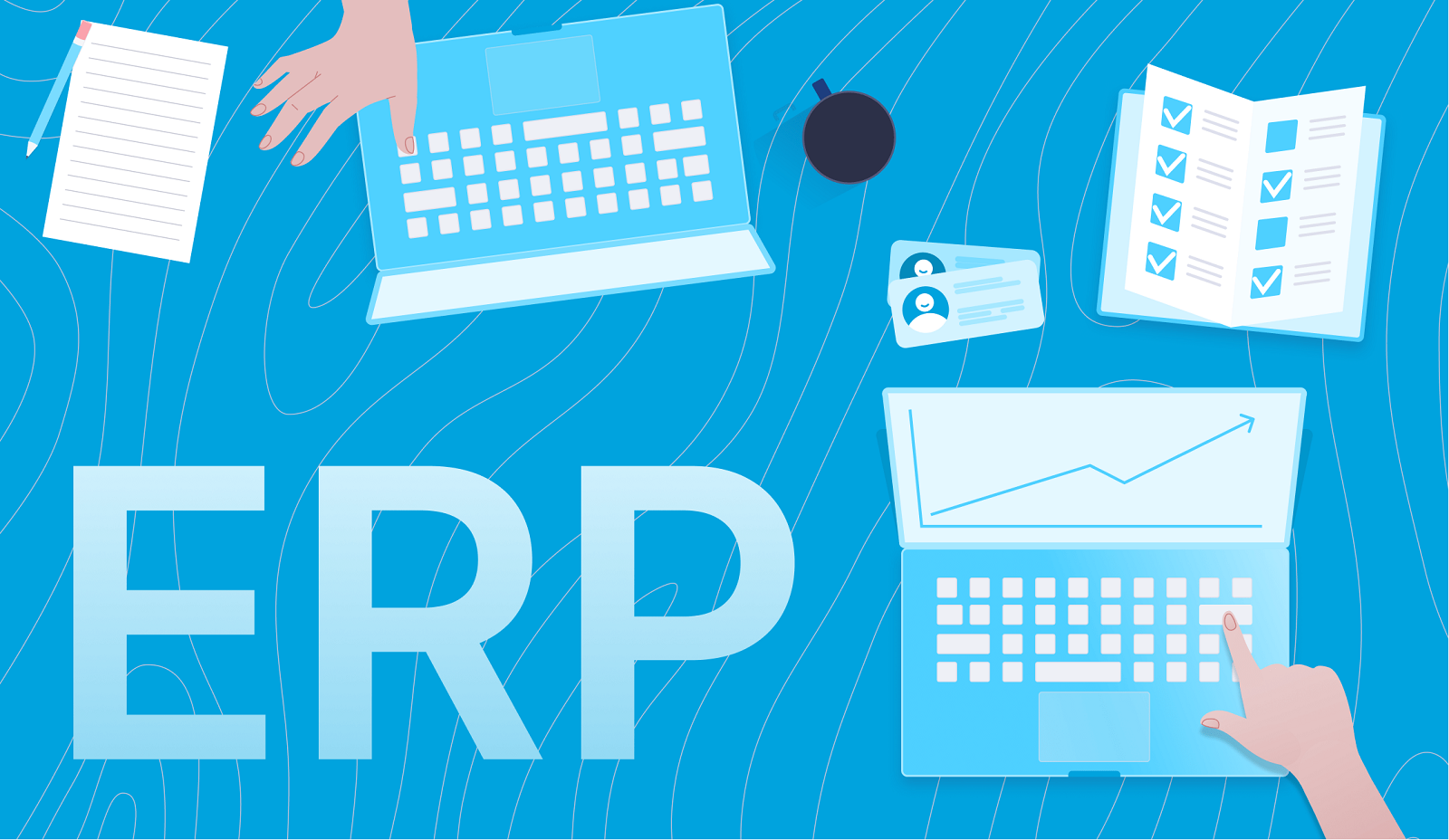Epicor ERP is a robust enterprise solution designed to streamline and unify business processes. However, no single ERP system can address the unique workflows, challenges, and needs of every organization. This is where Epicor customization proves invaluable. By tailoring the software to align with your business operations, you can unlock greater efficiency, improve user experience, and ensure scalability.
This article provides a practical, actionable guide to Epicor customization, helping businesses identify opportunities to enhance their ERP system without unnecessary complexity.
Why Consider Epicor Customization?
- Bridging Functional Gaps
Pre-configured ERP systems may not meet all operational needs. Customization helps bridge these gaps, ensuring the software works seamlessly for your specific industry or workflow. - Streamlining Workflows
Custom workflows eliminate repetitive manual tasks, improve automation, and optimize time management across departments. - Enhancing Reporting Capabilities
Custom reports allow businesses to monitor critical metrics, enabling more informed decision-making tailored to strategic goals. - Improving User Adoption
By customizing the interface and functionality to suit specific roles or departments, employees can better navigate and utilize the system. - Ensuring Scalability
As businesses grow, Epicor customizations ensure the system evolves to meet new demands without disrupting existing processes.
Common Areas for Epicor Customization
- User Dashboards
Custom dashboards provide relevant insights and tools specific to job roles, enhancing productivity and reducing information overload. - Workflow Automation
Automating repetitive tasks, such as invoice approvals or order processing, reduces human error and improves efficiency. - Integrations
Seamlessly connect Epicor with third-party tools like customer relationship management (CRM) systems, e-commerce platforms, or financial software. - Industry-Specific Features
Add specialized modules or functionality unique to your industry, such as compliance tracking, advanced inventory management, or production monitoring. - Custom Reports
Create tailored reports that highlight key performance indicators (KPIs), enabling real-time tracking and strategic planning.
Tips for Effective Epicor Customization
- Assess Your Business Needs
Begin by identifying pain points in your current ERP setup. What processes are inefficient? Where are employees struggling? Customizations should address these specific challenges. - Use Native Tools First
Epicor provides built-in tools, such as Business Process Management (BPM) and customization wizards. Start with these before investing in complex custom code. - Prioritize Scalability and Simplicity
Avoid over-complicating customizations. Focus on changes that provide measurable benefits and ensure they can adapt as your business grows. - Test Thoroughly
Implement and test customizations in a staging environment to identify potential issues before rolling them out to production. - Maintain Proper Documentation
Record every customization, including its purpose, implementation details, and maintenance requirements. This will make updates and troubleshooting easier. - Involve End Users
Employees who use the system daily can provide valuable insights into what changes will improve their workflows.
Challenges of Epicor Customization
- Over-Customization
Making too many changes can lead to a bloated system that is difficult to manage or upgrade. Focus on essential customizations with clear benefits. - Cost and Time Management
Customization can be resource-intensive. Proper planning and prioritization are essential to avoid delays and budget overruns. - Compatibility Issues
Customizations must be compatible with future Epicor upgrades. Without proper foresight, updates can break custom features.
How to Get Started with Epicor Customization
- Conduct a Gap Analysis
Compare your current processes with the default features of Epicor. Identify areas where customizations are necessary to close gaps. - Consult Epicor Experts
Engage with experienced Epicor consultants or community forums to learn best practices and avoid common pitfalls. - Adopt an Incremental Approach
Start with small, high-impact changes before moving on to more complex customizations. - Leverage the Epicor Community
The Epicor user community is a valuable resource for tips, ideas, and support when planning customizations.
Conclusion
Epicor customization is a practical way to align your ERP system with the unique requirements of your business. By carefully identifying areas for improvement, leveraging built-in tools, and focusing on simplicity and scalability, businesses can enhance their operational efficiency and adaptability.
At Epicforce Tech, we understand the importance of creating solutions that truly help businesses succeed. By sharing actionable advice and strategies, we aim to empower organizations to unlock the full potential of their Epicor ERP system. Thoughtful customization can transform your ERP into a powerful tool that works seamlessly for your goals—today and in the future.


